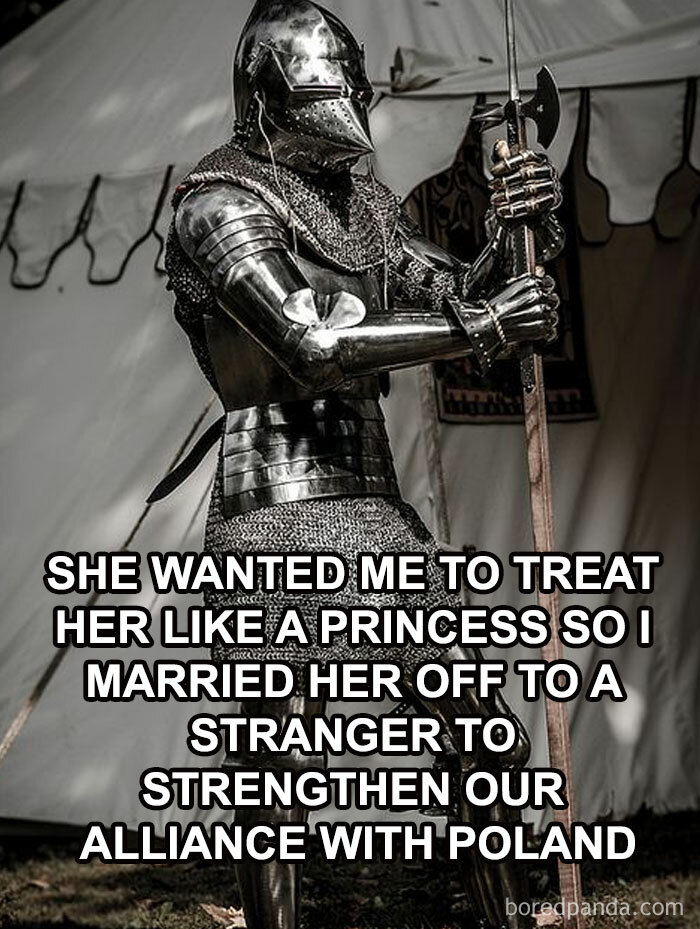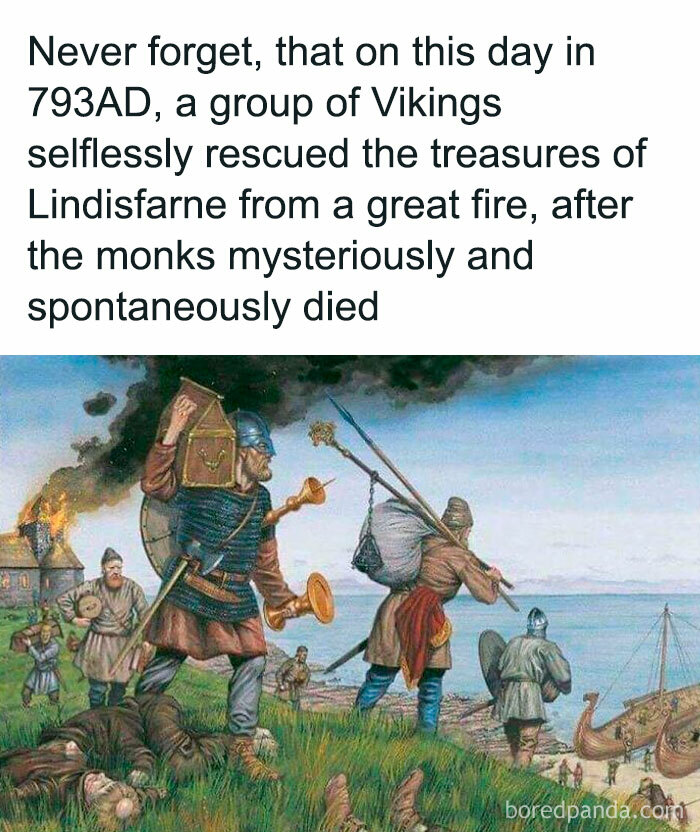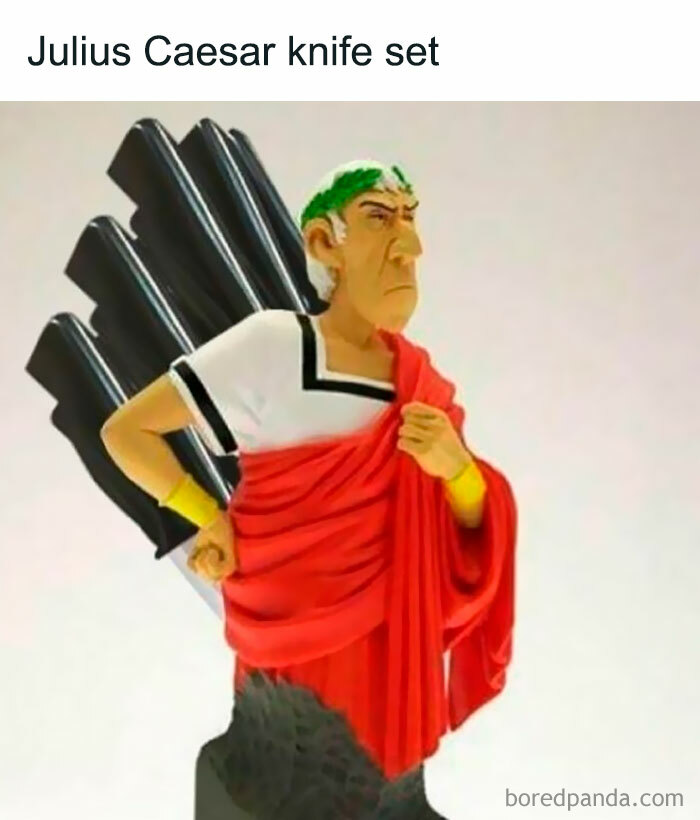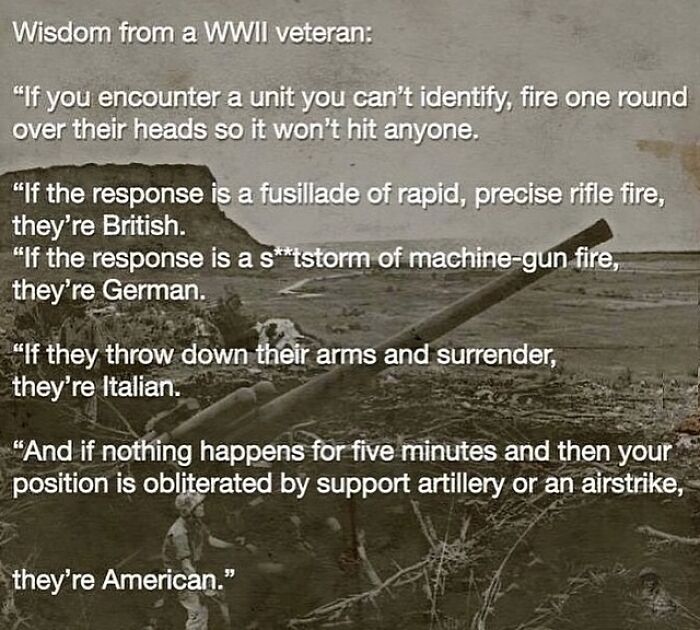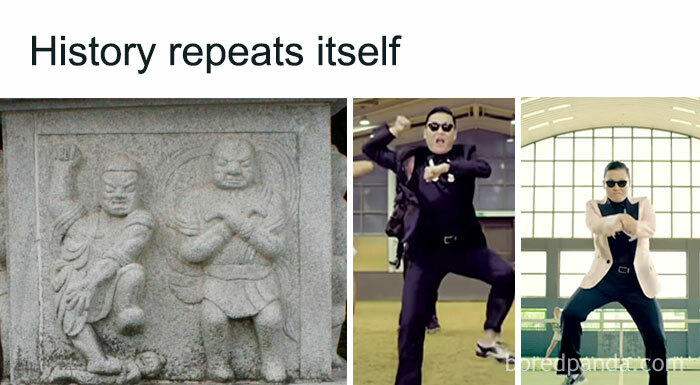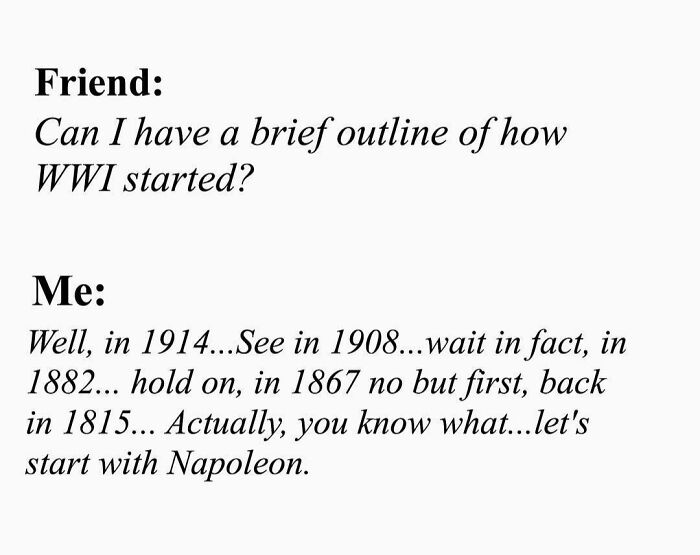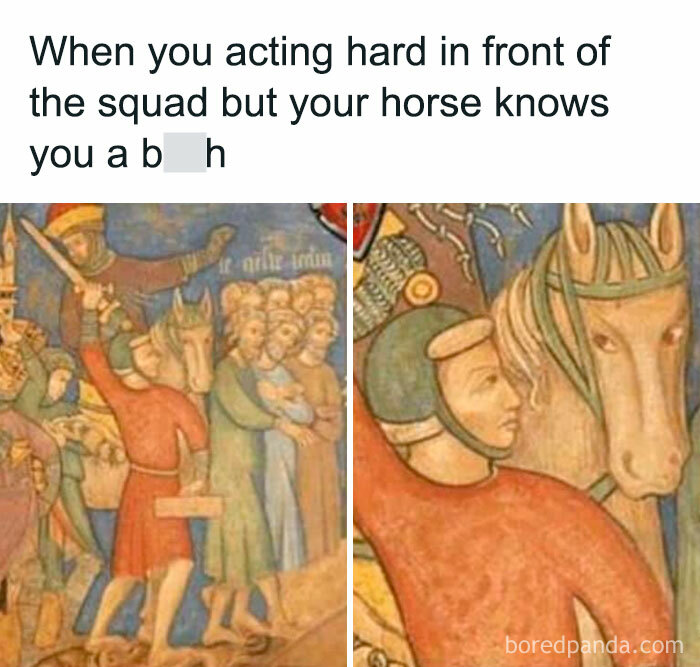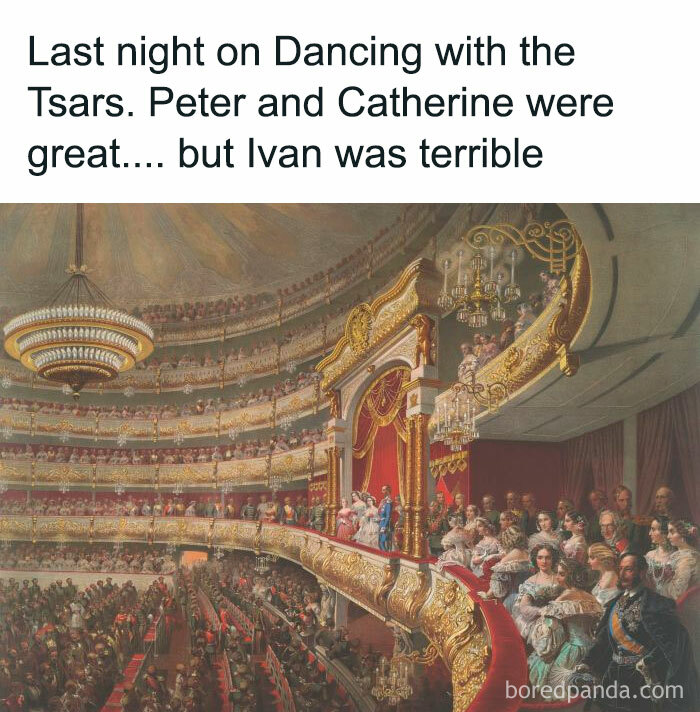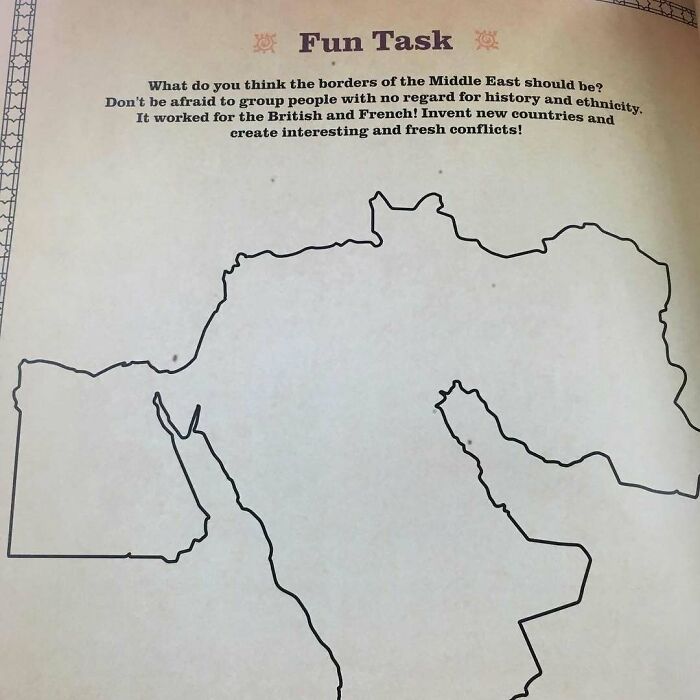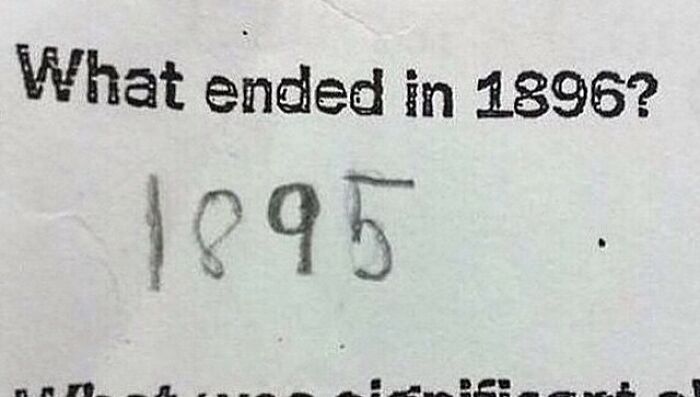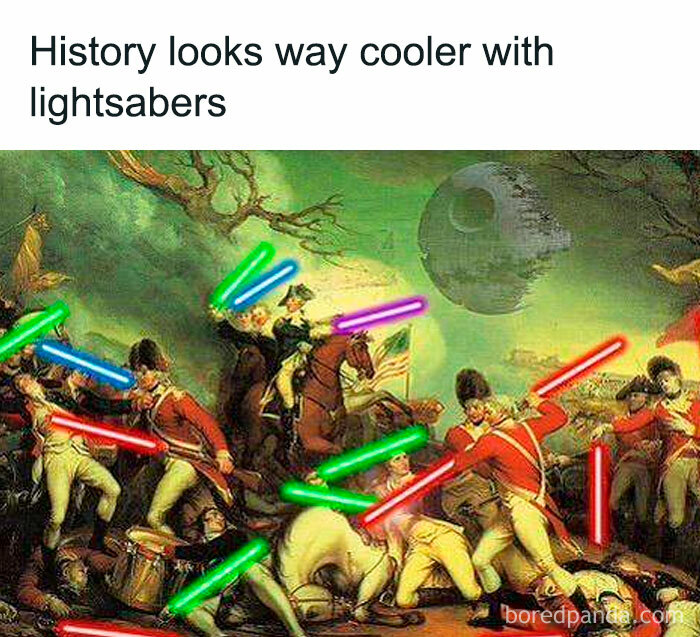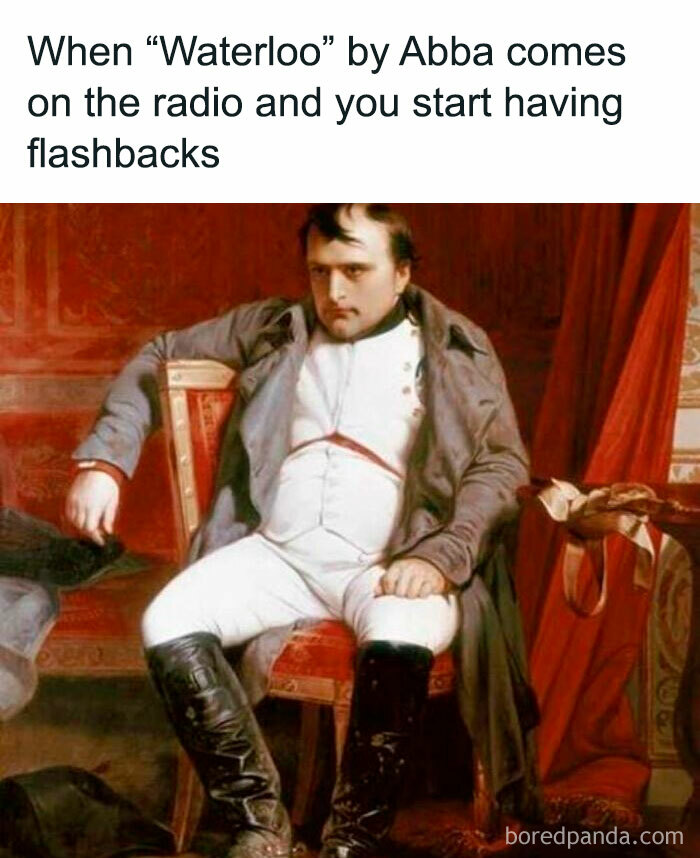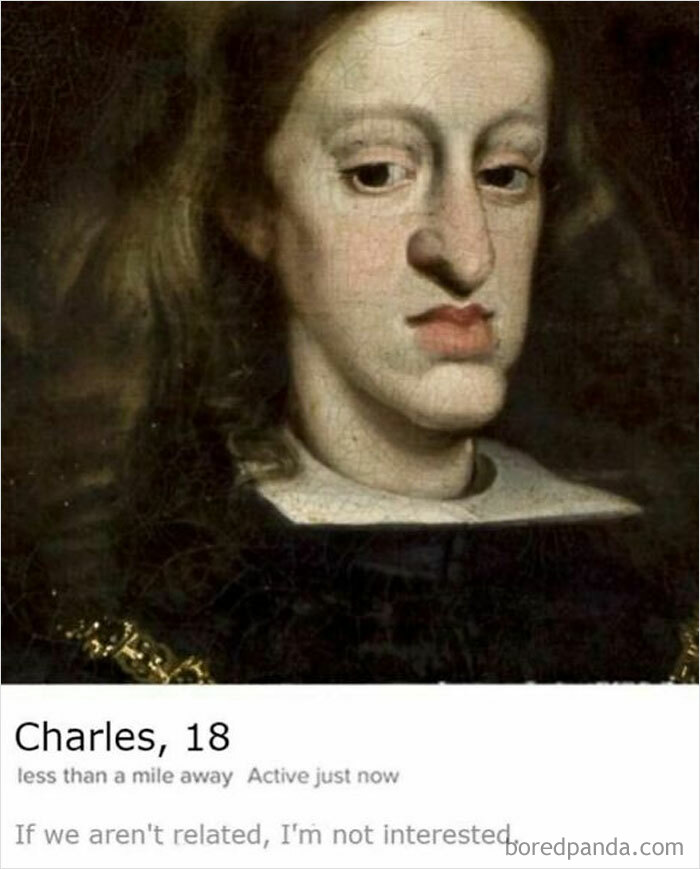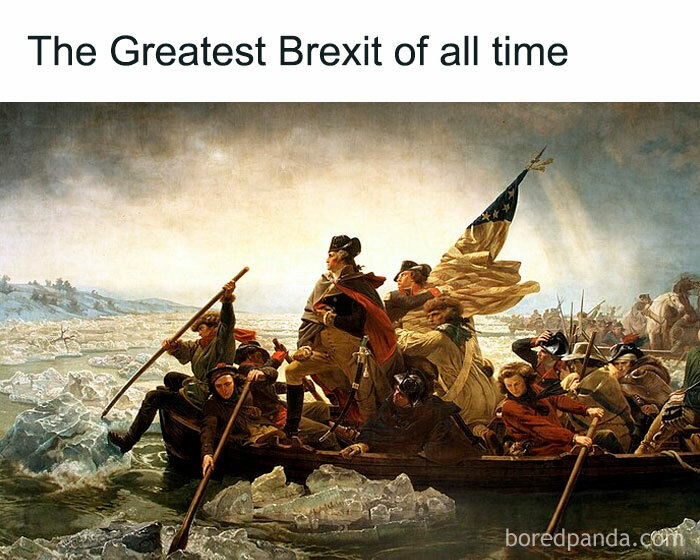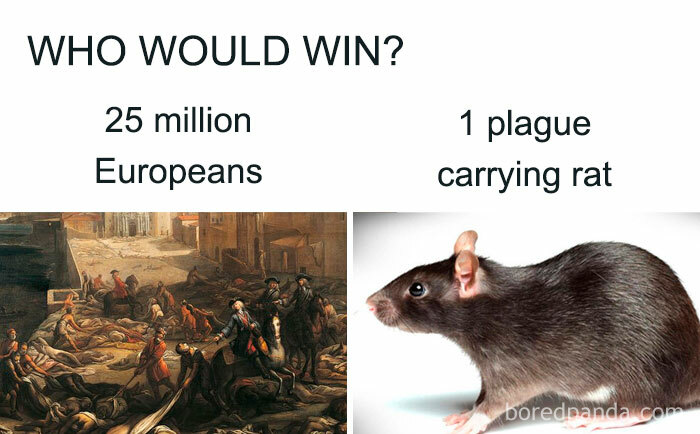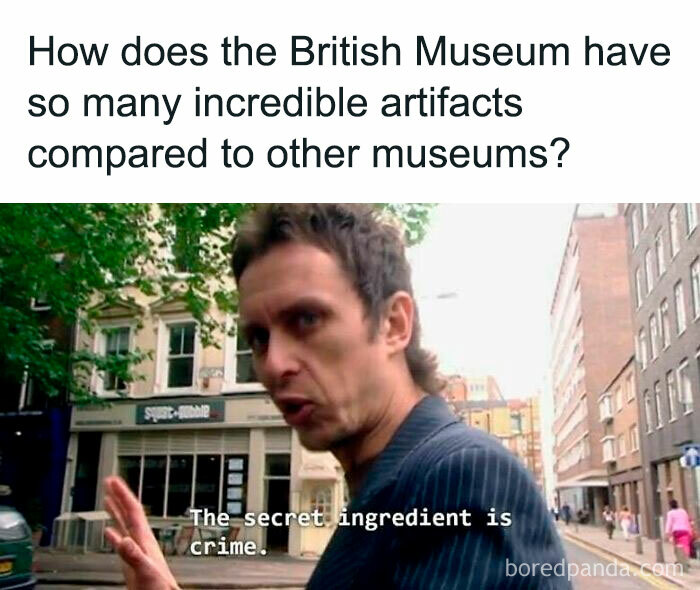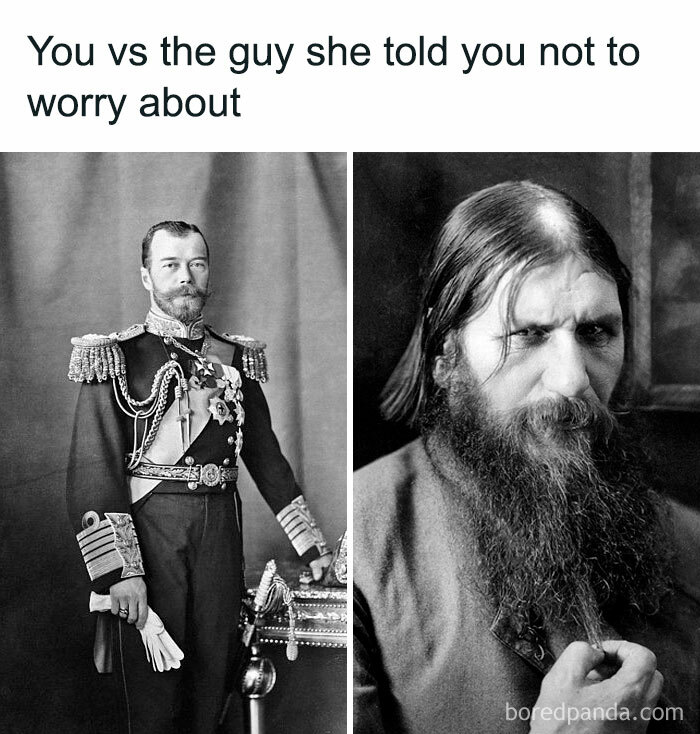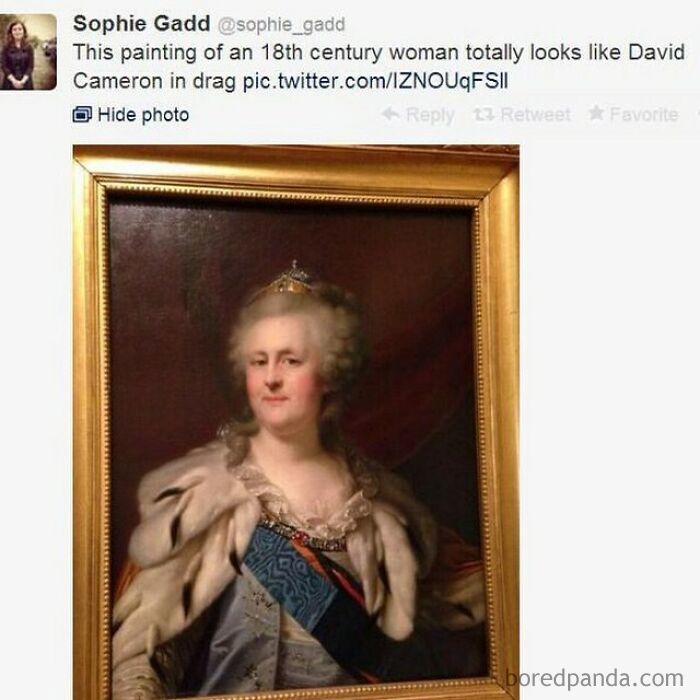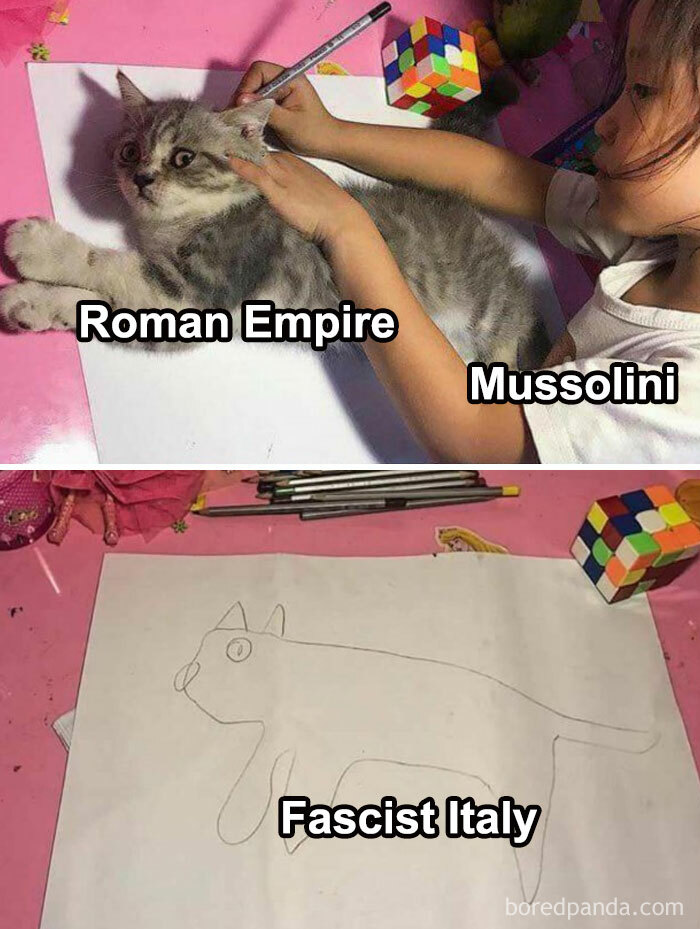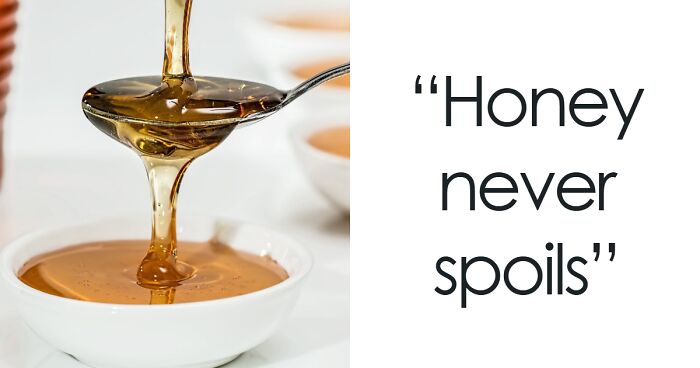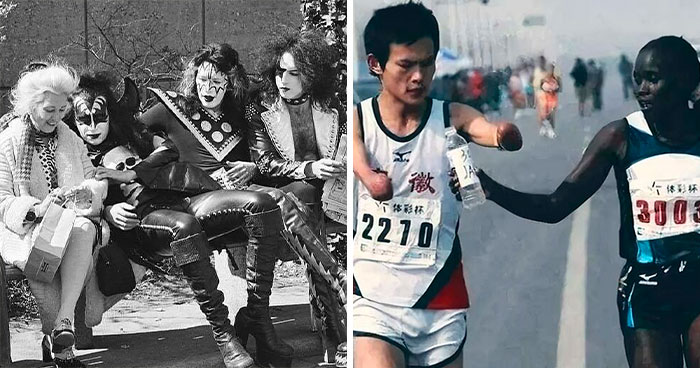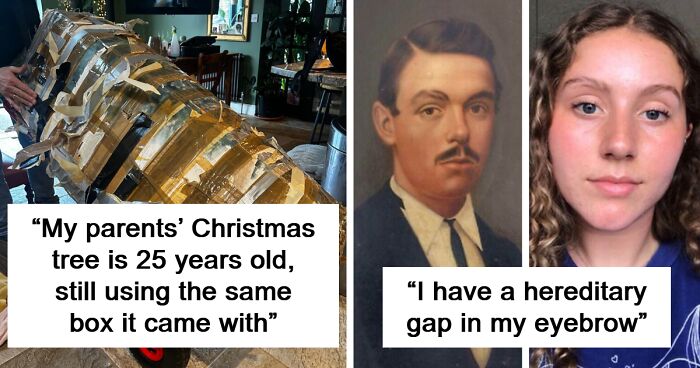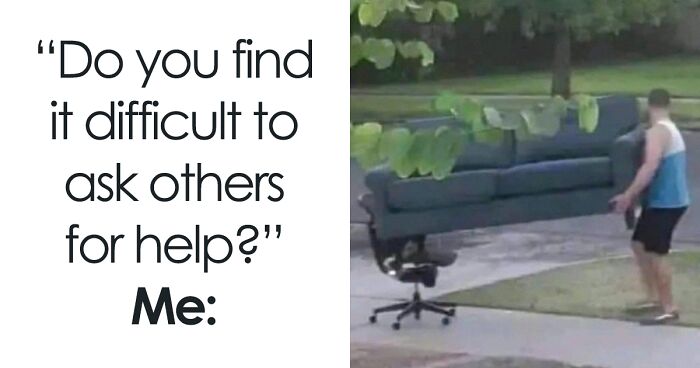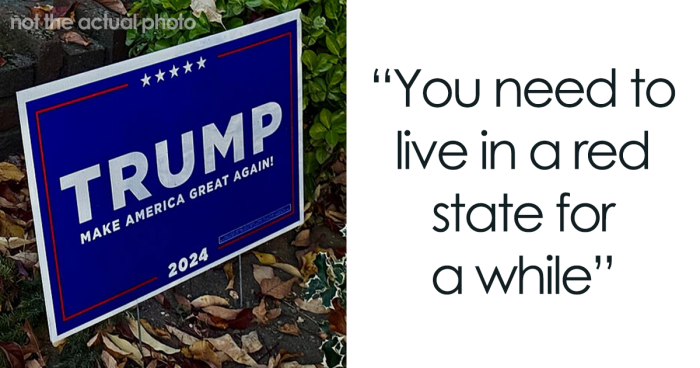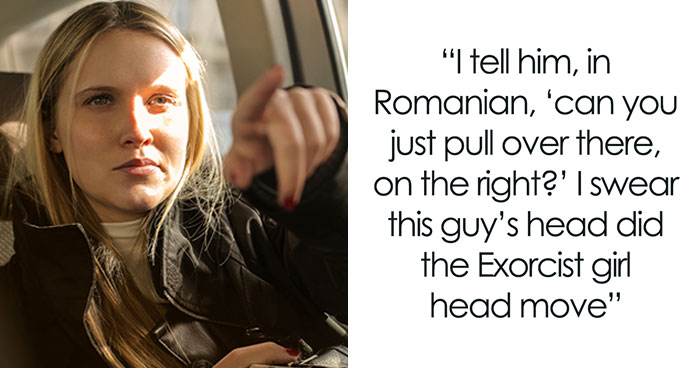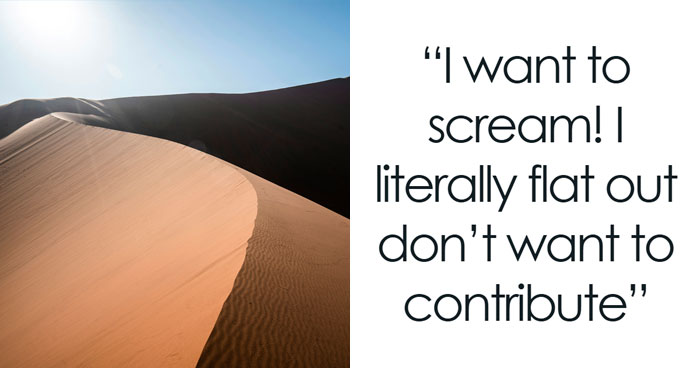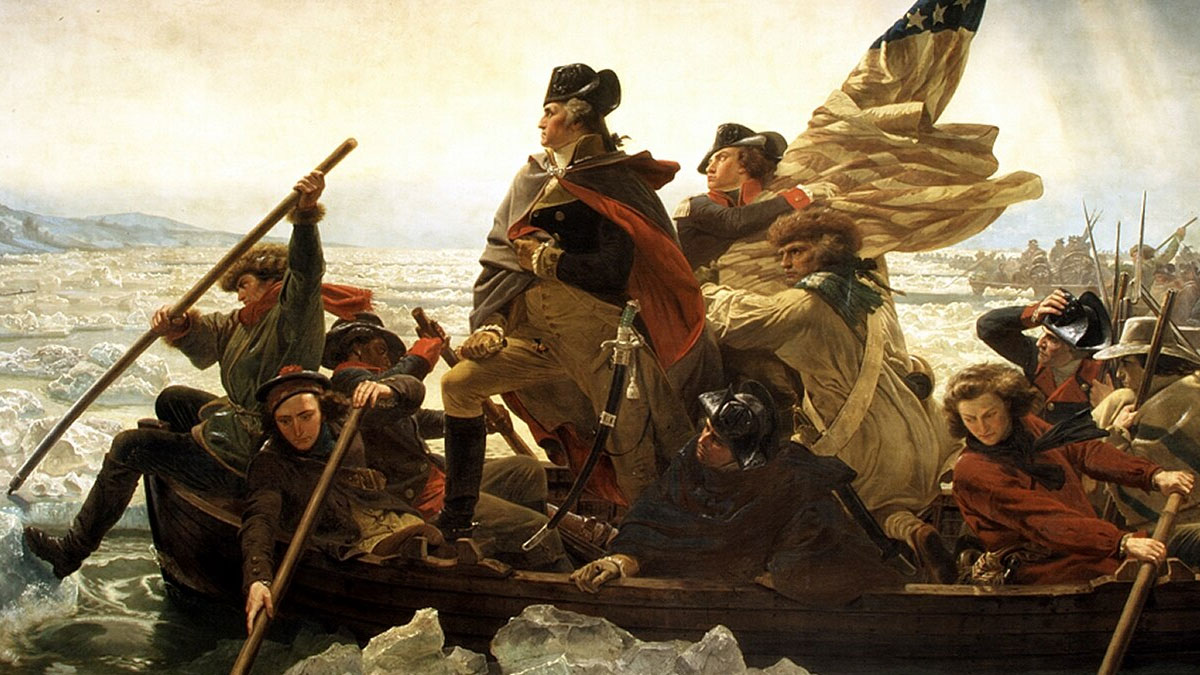
40 Of The Funniest And Most Accurate History Memes Shared On This Page
Interview With ExpertSome people have a knack for finding humor in places we least expect it—like history. Where some see dry numbers and confusing maps, the aptly titled Instagram account 'History Jokes' points out the absurd, ironic, and unexpectedly hilarious moments that make the past come alive.
Whether it's a dictator and their view of the world or the start of a big war, nothing and nobody is safe from becoming a meme. Boasting just under 65K followers, the account definitely isn't the biggest, but it offers a fresh perspective on both well-known and obscure historical topics.
More info: Instagram
This post may include affiliate links.
Whether we're looking at textbooks or memes, "consuming" history has become a much more visual activity than ever before.
To gain a better understanding of this trend, we got in touch with Howard Dorre, writer and co-host of the presidential history blog and podcast Plodding Through The Presidents, which he creates with his wife.
"Photography made the distant world more real," Howard told Bored Panda. "The horrors of war. The beauty of a medieval cathedral. Even the kind eyes of a presidential candidate. In fact, Abraham Lincoln credited photographer Matthew Brady as the reason he won the presidency."
While they can bring history to life, photographs can also mislead or and straight up manipulate us. The immediacy and emotional resonance of an image can make fake narratives seem convincing, so it’s crucial to remember that every photograph is created with some sort of intention.
"Historians view photographs, like they view all historical records, in context, considering the agenda of the subject and the photographer and whoever is sharing the image," Howard said. "It is true that a photograph is a primary source, but so is a diary. And both can be intentionally deceptive."
In Europe between the years 1480 to 1913 there was a 27% higher chance of war if a queen was in charge instead of a king according to New York University scholars Oeindrila Dube and S.P. Harish
The best way to evaluate a picture is to ask systematic questions to it. If it's a photograph, these questions can focus on the person who took it, the people whose photograph was taken, the people and objects out of the limits of the photograph, which culture marks the photograph's atmosphere carries, if there is a set up in the photo or not, the time it was taken, the details of the photograph, and its contribution to the whole, the mood, status, and occupation of the people in the photograph.
But of course to discuss Napoleon we really must first examine Augustus...
"It's also important to note that the concept of photoshopping is as old as photographs themselves," Howard of Plodding Through The Presidents adds.
"Photo manipulation was used for various purposes—to improve subjects' appearance, convince customers that the ghosts of their loved ones had been captured on film, or for comedic effect—like the altered image of Theodore Roosevelt riding a moose in a river."
I laughed way to much at this. Mind you, that was probably not the case for his subjects 600 years ago.
Napoleon didn’t invade Russia during winter. He invaded in June, and didn’t provide his army with winter clothing because he thought Russia would surrender before winter came. Hitler made the exact same mistake.
And a very tiny appendage that is currently preserved and housed in some museum. What a legacy.
What do you mean? You are just all jealous of the golden age of prosperity and international influence that Brexit has brought us.
Before them there were other door knockers, with a crescent as their symbol, to talk about Allah.
This one does annoy me a bit. The British Museum was not alone, indeed was far from the worst offender, in "looting" artefacts from early archaeological digs. At the time the museums were competing, not just against each other, but against private collectors, so at least the objects that they obtained were properly conserved and curated, rather than just squirrelled away in some millionaire's vault and lost to history.
"95 theses nailed to the door. 95 nailed to the door. Take one down and pass it around, 94 theses nailed to the door. 94 theses..."
Damn, I'm sure these would be funny if BP didn't hide half of them to try and make me pay
Not only will I not pay, it makes me want to find another site. They steal stories from all over the internet and now wants you to pay for it.
True historical humor would know French military history didn't start at WW2.
And at the end of the war - the only place that counts - was the German army occupying part of France or was the French army occupying part of Germany?
Load More Replies...Oh dear. Laughing at history is a way to learn about it and learn from it. Meanwhile: those suffering in the trenches of the First World War certainly kept laughing about the whole nasty business, at least when they weren't killing or getting killed, wounded, and/or psychologically traumatised. E.g., https://www.historynet.com/wipers-times/
Load More Replies...Damn, I'm sure these would be funny if BP didn't hide half of them to try and make me pay
Not only will I not pay, it makes me want to find another site. They steal stories from all over the internet and now wants you to pay for it.
True historical humor would know French military history didn't start at WW2.
And at the end of the war - the only place that counts - was the German army occupying part of France or was the French army occupying part of Germany?
Load More Replies...Oh dear. Laughing at history is a way to learn about it and learn from it. Meanwhile: those suffering in the trenches of the First World War certainly kept laughing about the whole nasty business, at least when they weren't killing or getting killed, wounded, and/or psychologically traumatised. E.g., https://www.historynet.com/wipers-times/
Load More Replies...
 Dark Mode
Dark Mode 

 No fees, cancel anytime
No fees, cancel anytime 





